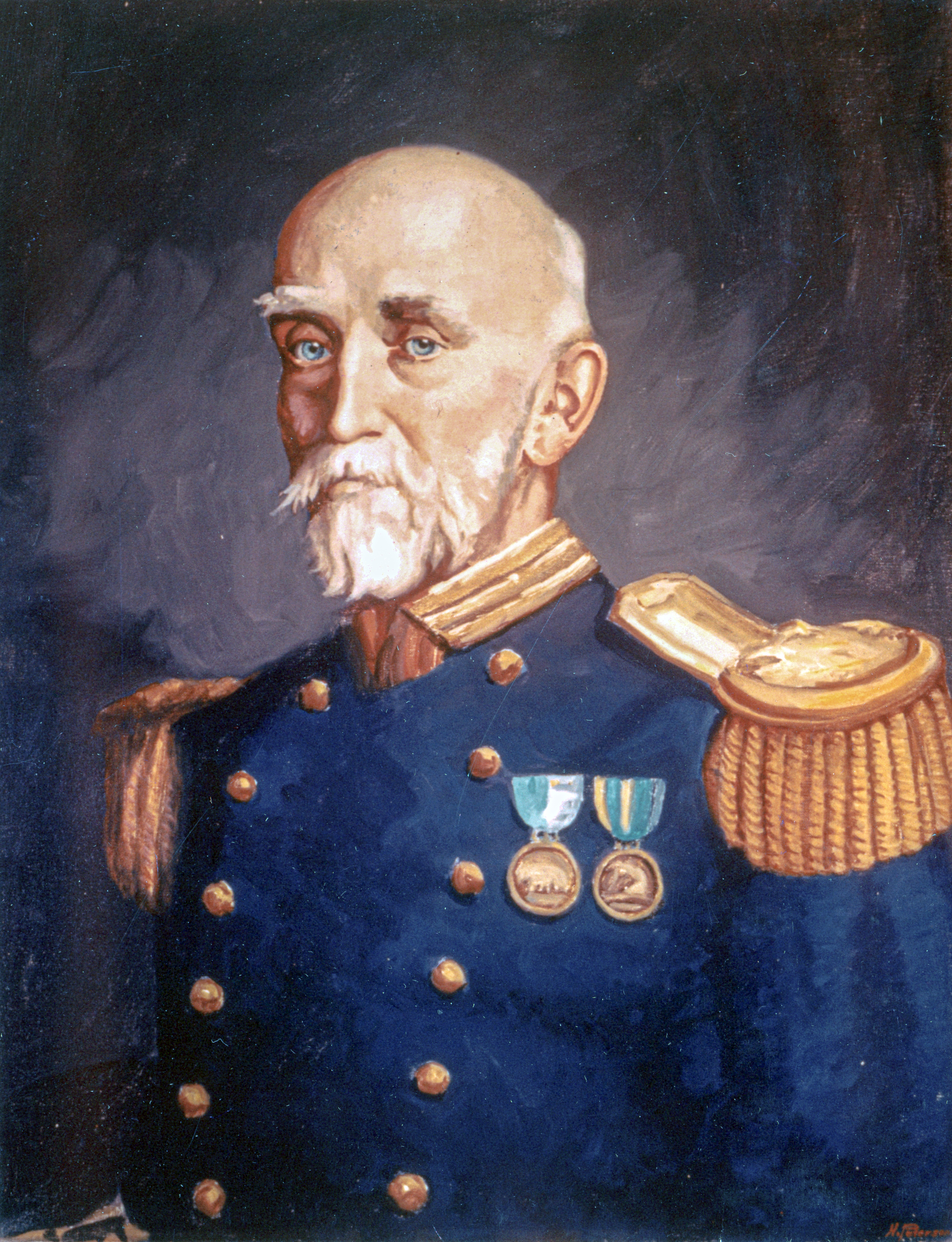
His genius is still recognized today, but his doctrine is tempered changes in technology (e.g., submarines and aircraft), recognition of the value of combined operations between the military services, and the rise of geo-politics. Mahan’s writings played a major role in the development of the German Imperial Navy in the period leading up to World War I. He recommended the annexation of Hawaii, in part to prevent Japanese influence from dominating the Pacific. Mahan also called for establishment of strategic coaling stations around the world to fuel the fleet. He called for construction of a strong force of battleships and a concentration of that force so that, wherever it was deployed, it would prevail. The nation that controlled the seas controlled its own destiny. Alfred Thayer Mahan (September 27, 1840December 1, 1914) was a US Navy flag officer, geostrategist, and historian. This meant strong maritime lines of commerce during peacetime and domination of vital sea lanes and chokepoints during wartime. He argued forcefully that no nation could be great if it was not also a sea power. His strategic view of world history was largely unprecedented and dominated planning by the navies of the United States, the United Kingdom, Germany, and Japan for decades. Alfred Thayer Mahan: The Reluctant Seaman Although a brilliant naval historian and noted theorist on the importance of sea power to national defense, Alfred Thayer Mahan hated the sea and dreaded his duties as a ship's captain.

Professor Mahan’s seminal work – The Influence of Sea Power upon History, 1660-1783 - was published in 1890 to widespread acclaim. He spent that first year, though, at his home in New York City, where, at the recommendation of College President Rear Admiral Stephen Luce, he researched the influence and importance of sea power. In 1885, he was promoted to Captain and assigned to the Naval War College in Newport, Rhode Island. He is frequently called the Jomini of naval. One of the other great myths about Mahan is that his purpose was to provide step by step instructions for maritime success. Mahan was promoted at, for its period, a rapid pace based largely on his widely-recognized intellect. Reading Alfred Thayer Mahan’s work will not provide a prescription for today’s issues or a checklist the drafters of a new CS21 should follow. The Influence of History on Mahan: The Proceedings of a Conference Marking the Centenary of Alfred Thayer Mahans The Influence of Sea Power Upon History, 1600-1783 by John B. After graduating with distinction from the US Naval Academy in 1859, he served blockade duty on a number of warships during the Civil War. Alfred Thayer Mahan (1840-1914) was born at West Point, where his father was an instructor. Alfred Thayer Mahan (September 27, 1840December 1, 1914) was a US Navy flag officer, geostrategist, and historian.


 0 kommentar(er)
0 kommentar(er)
